How Long After a Dog Eats Does It Poop?
If you have a furry friend as part of your household, knowing how long they take to poop after a meal is essential in planning your daily schedule.
So, how long after a dog eats does it poop?
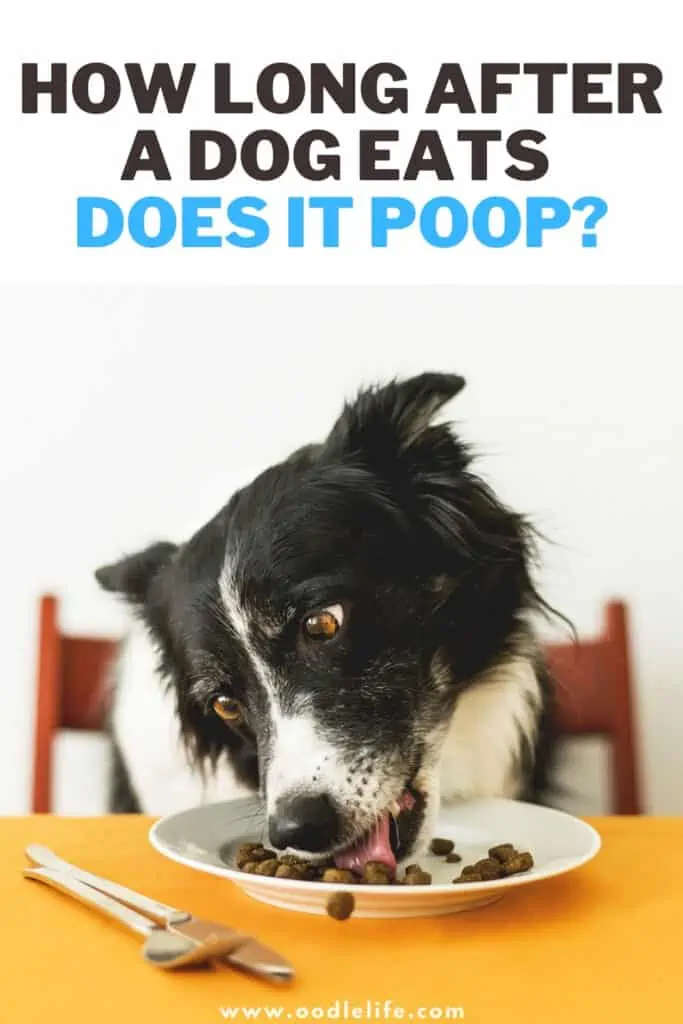
Knowing how your dog’s digestive system operates can be beneficial in potty training a young puppy and for planning if your schedule changes unexpectedly. It can also help you identify digestion issues in your beloved pup and help you take action.
Understanding the Canine Digestive Tract
It’s good to get an understanding of the canine digestive system as a foundation to understand how long it will take for your dog to want to poop after a meal. In essence, digestion starts as soon as food enters your dog’s mouth.
However, as you may have already noticed, dogs aren’t careful to chew their food correctly. Fortunately, they have plenty of saliva, which aids in pushing the food further down the digestive tract. The food gets delivered to the stomach via the esophagus, where it converts into chyme, a substance containing food, water, and stomach acids.
The chyme then enters the duodenum, the topmost part of the dog’s small intestines. Here, any acidity gets neutralized by hormones and enzymes. It then heads into the jejunum, where most of the nutrients are absorbed.
Finally, the chyme enters the ileum, which absorbs any remaining nutrients.
In the final stages of digestion, chyme deposits into the large intestines. Here, water is absorbed, and bacteria act on any available nutrients. Finally, the leftover substance gets molded together to form feces and excreted via the rectum and anus.
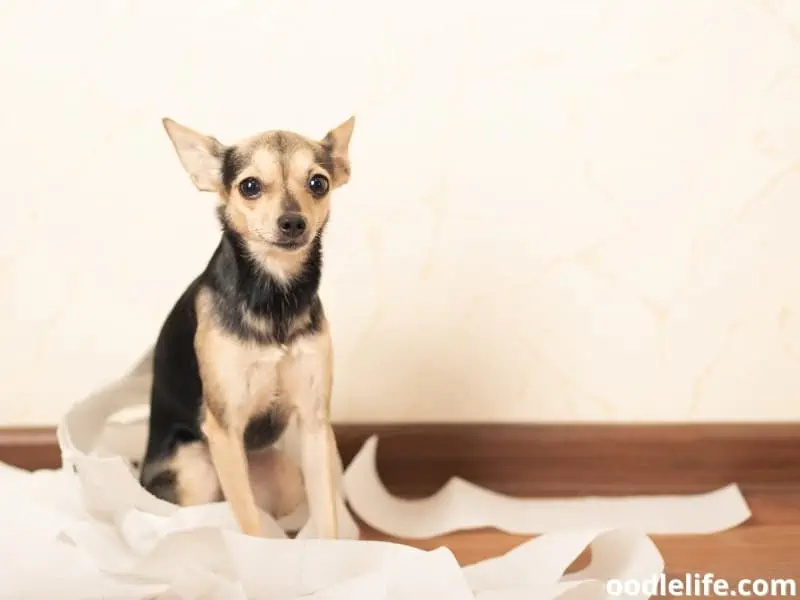
Factors That Determine the Canine Pooping Schedule
While every dog is different, most of them may need to defecate about half an hour after having their meal.
Most healthy dogs seem to defecate shortly after their meal because their stomach nerves are strongly connected to the colon. According to PetMD, the nerves in the colon get notified as soon as the animal’s stomach is full, triggering the reflex to defecate.
The number of times a dog defecates within a day can vary from one animal to the next. Most dogs poop between one to three times per day. Your dog may defecate more than three times a day, depending on the quality of its feeds.
Below are some factors that can affect a dog’s pooping schedule:
1. Activity Level
Activity level can have a significant impact on the digestive process of dogs. Active dogs tend to have more frequent bowel movements than those with a sedentary lifestyle. In addition, muscle activity such as running, jumping, and walking helps move waste along after it enters the small and large intestines.
On the other hand, if a dog lays around all day, the process can be much slower. Its body is entirely dependent on the digestive organs to do all the work.
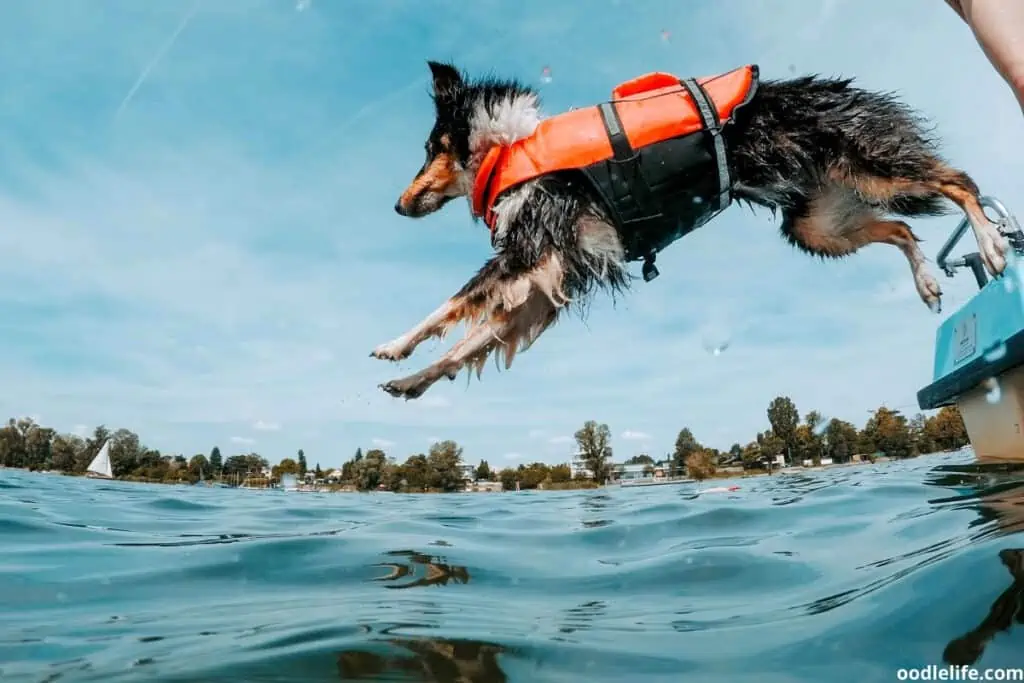
2. Age
Age is another factor that determines the canine pooping schedule. Most puppies tend to defecate two to three times more than their fully-grown counterparts. Puppies may need to poop within minutes after their meal, not exceeding the half an hour timeframe.
Therefore, it is advisable to take your puppy outdoors immediately after their meal for training and practical purposes.
Senior dogs may also need to go more often than middle-aged dogs. It can be attributed to their digestive systems and muscles being more worn out and less efficient than those of younger dogs.
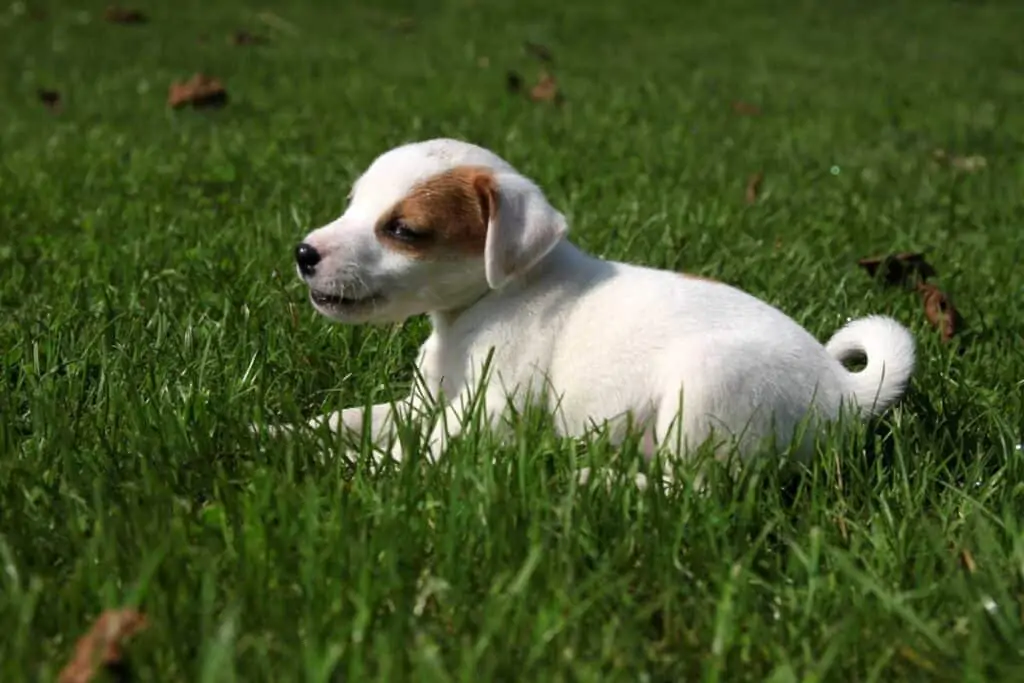
3. Type of Food
Dogs feeding on lower-quality feeds tend to defecate more than those receiving high-quality meals. Food made with preservatives and filler contains fewer nutrients, and your dog is likely to have more bowel movements to excrete the waste material.
This occurrence shouldn’t be a great cause for concern, as long as your dog shows no signs of diarrhea. However, it is advisable to make the switch to high-quality dog food.
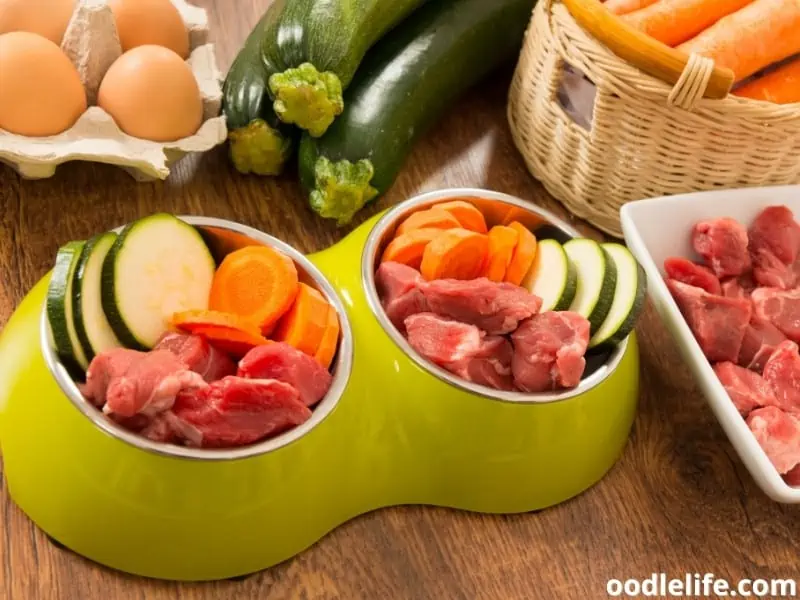
4. Overfeeding
A sudden increase in the amount of food your dog eats is likely to make it poop more. This is because dogs have to excrete any undigested food, and it is natural for dogs to defecate more when they are overfed, especially around the holiday season.
It is advisable to feed your dog on a regular schedule at all times to curb this occurrence. Avoid feeding it to excessive treats and table leftovers.
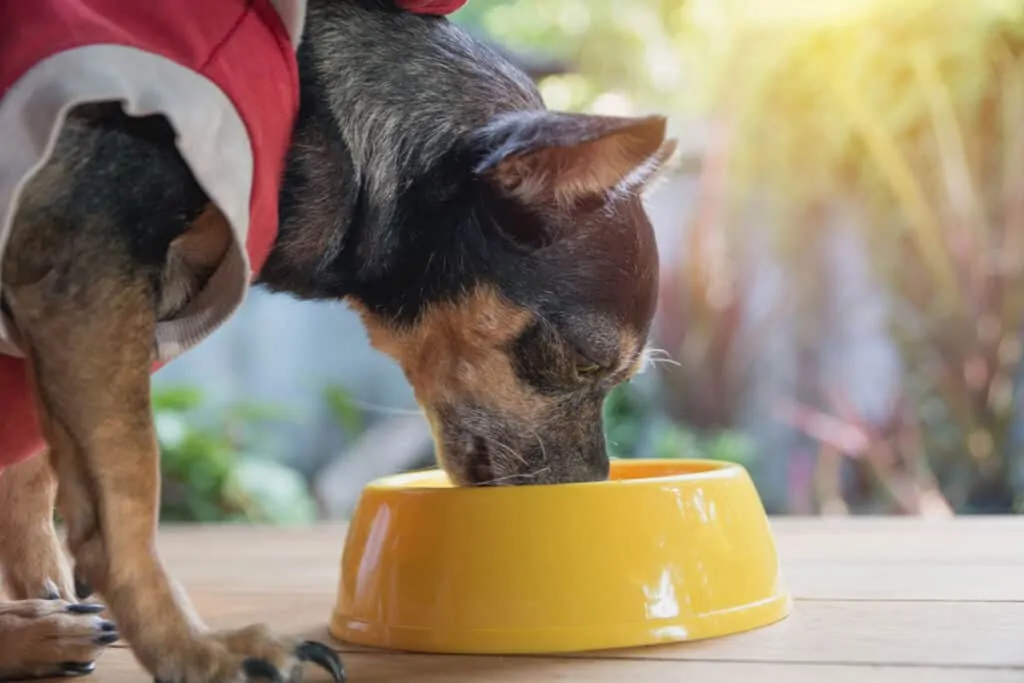
How Long Can Dogs Hold Their Pee and Poop?
Every dog has a specific pooping schedule, and there is no set rule for how long they can hold their bowels. For example, some perfectly healthy dogs may need to defecate only once a day. On the other hand, another well and fit dog may need to defecate up to five times a day.
Defecating only once a day can result from a change in diet, reduction of feeding frequency, or lack of exercise. Generally, there is no cause for alarm if your dog is pooping at least once every 24 hours.
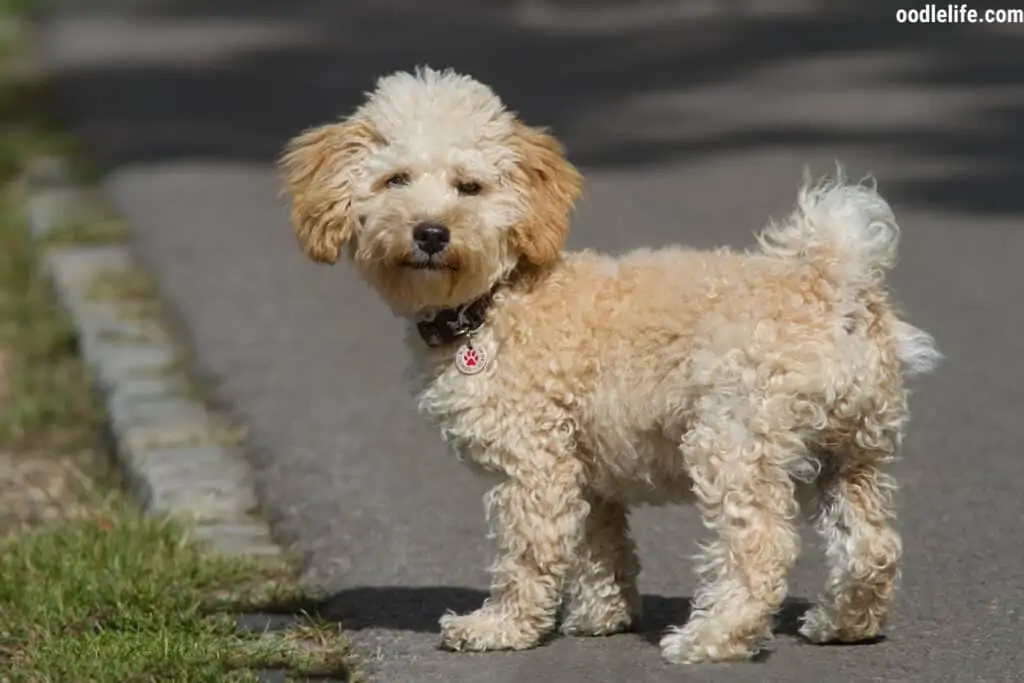
Dog Constipation
If your dog goes for 48 hours or more without defecating, it can be a sign that they are constipated. Other symptoms of constipation include the passing of hard feces, which appears as small balls, and whining and straining while pooping. Constipated dogs also tend to lick or scoot the anal area.
If you notice any of these signs, consider taking a trip to the vet as soon as possible. Just like humans, constipation in dogs can have severe consequences and result in incredible discomfort if left untreated.
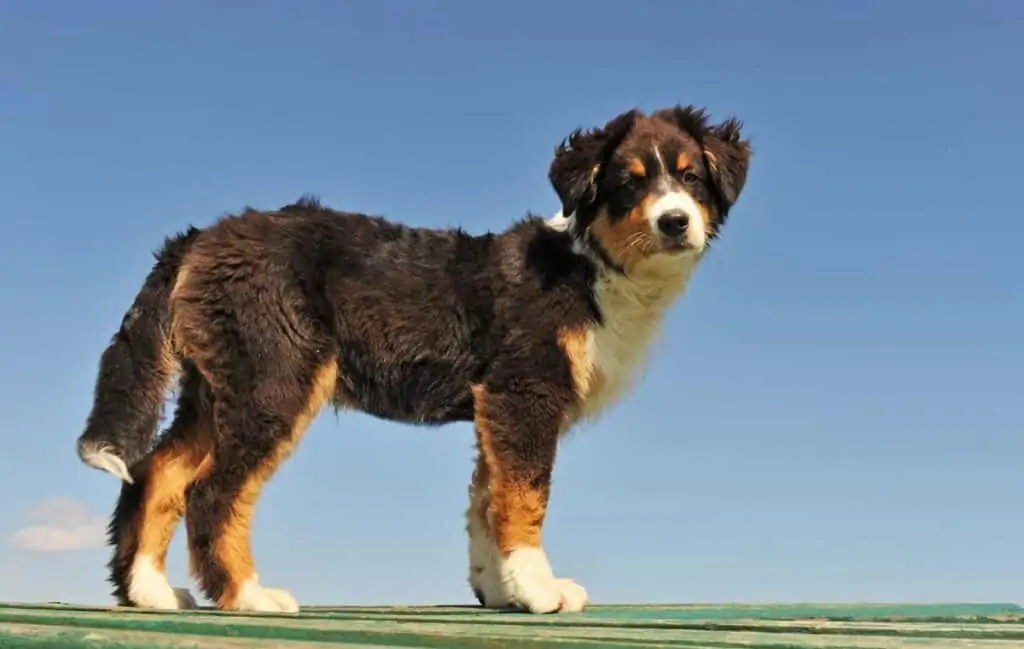
Tips for Building a Regular Pooping Schedule for Your Dog
A regular schedule makes your dog’s pooping times more predictable. That way, you can know precisely when to take your furry friend for a potty break and reduce the occurrence of accidents around the house. Below are some tips on how to achieve exactly that:
- Have consistent feeding times and avoid free feeding
- Ensure that all of your dog’s meals consist of high-quality feeds
- Give your dog enough outdoor time to poop at its own accord
- Consider teaching your dog to poop on command
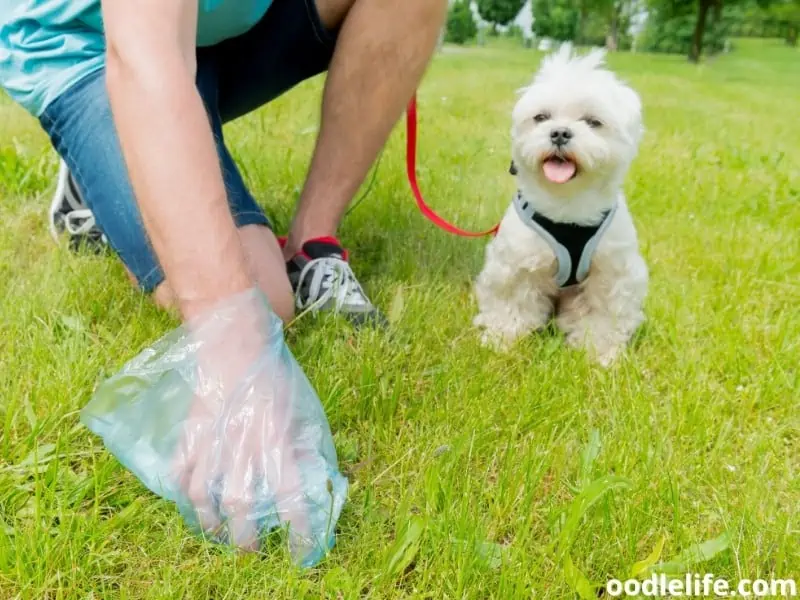
Conclusion
So, how long after a dog eats does it poop? It can be anywhere from a few minutes to slightly over an hour, depending on several factors. It is advisable to take your dog outside as soon as it finishes its meal to establish a routine and avoid accidents.